New Commission elected: Ireland’s place among Europe’s leadership
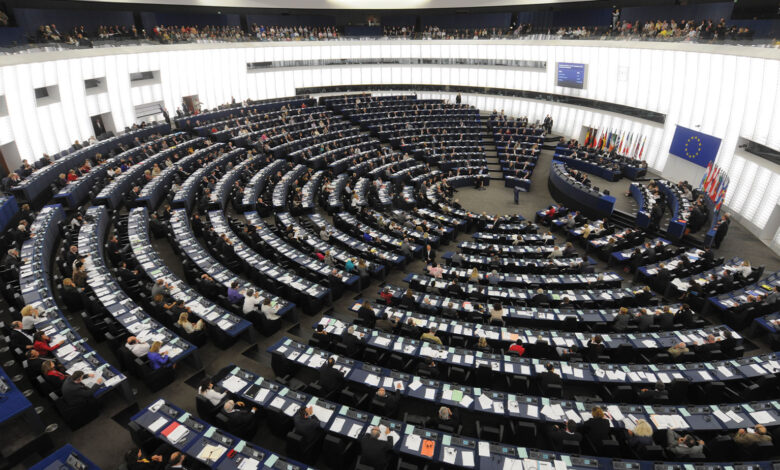
On 18 July 2024, Ursula von der Leyen was re-elected for a second mandate as President of the European Commission after receiving 401 votes in a secret ballot by the European Parliament.
Ursula von der Leyen, President of the European Commission
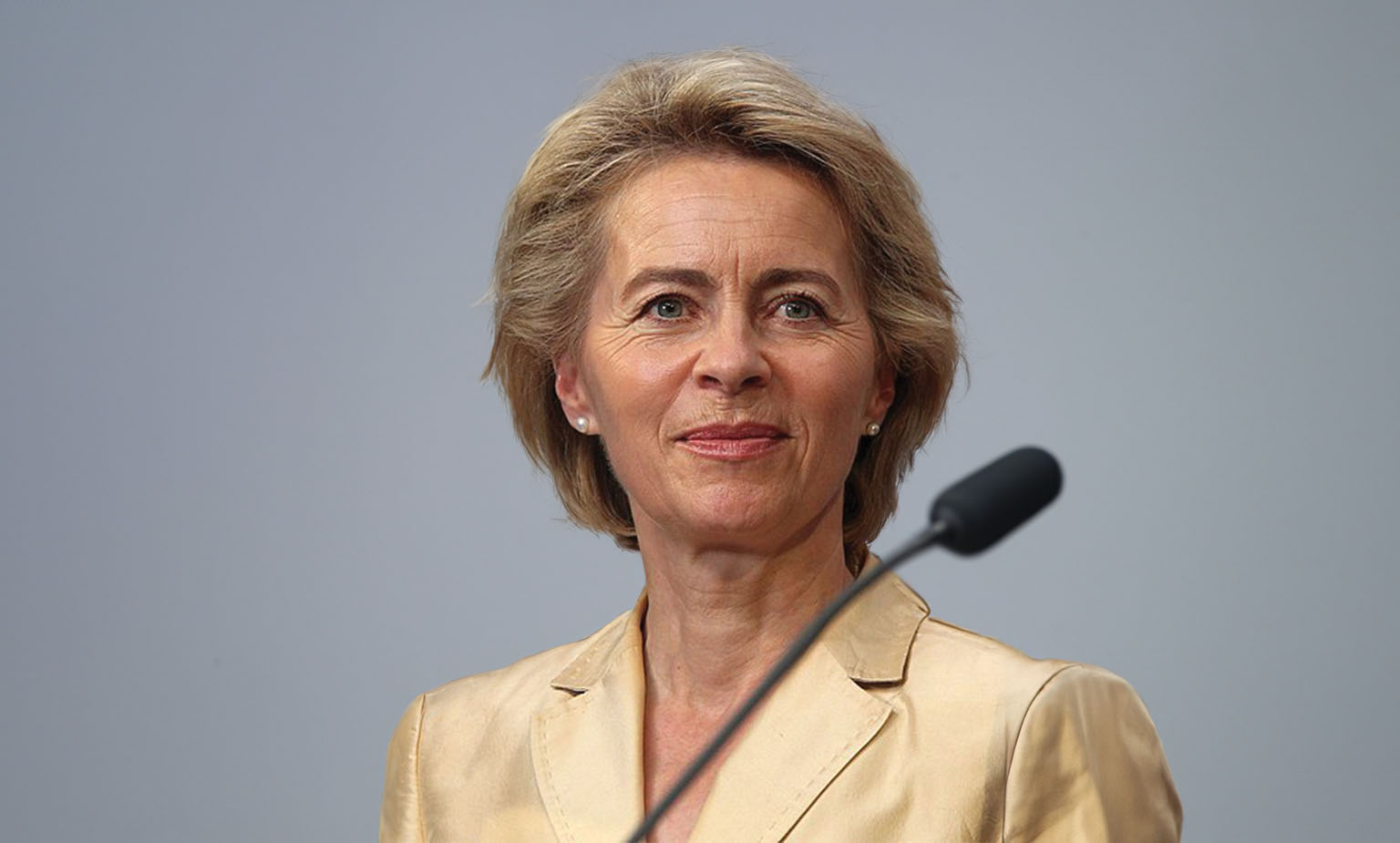
|
Von der Leyen, who hails from the centre-right European People’s Party, has won the backing of three European Parliament groups from across the political spectrum: her own European People’s Party (EPP), the centre-left Socialists and Democrats, and the centrist Renew Europe group. During her first term in office, von der Leyen was at the forefront of several mandate-defining challenges including negotiating a Brexit deal with the British Government, establishing a European vision to combat climate change, dealing with the effects of the Covid-19 pandemic, as well as ensuring security of the EU’s energy supply after sanctions were placed on the Russian Federation following its invasion of Ukraine in February 2022. Seeking re-election, von der Leyen laid out her political guidelines for the next European Commission 2024-2029 in Europe’s Choice. In this manifesto, von der Leyen focused on a ‘new European Prosperity Plan’, to:
“In a world of adversity and uncertainty, I believe Europe must choose to stick together and dare to think and act big. To live up to the legacy of our past, to deliver for the present, and to prepare a stronger union for the future.” |
Including von der Leyen, there is a total of 27 commissioners, six of whom are executive vice-presidents.
Decisions made by the European Commission are taken based on collective responsibility. All commissioners are equal in the decision-making process and equally accountable for these decisions.
The vice-presidents act on behalf of the president and coordinate work in their area of responsibility, together with several commissioners.
Some of the most senior and pivotal commissioner portfolios are held by:
Teresa Ribera Rodríguez: Executive Vice-President for Clean, Just and Competitive Transition
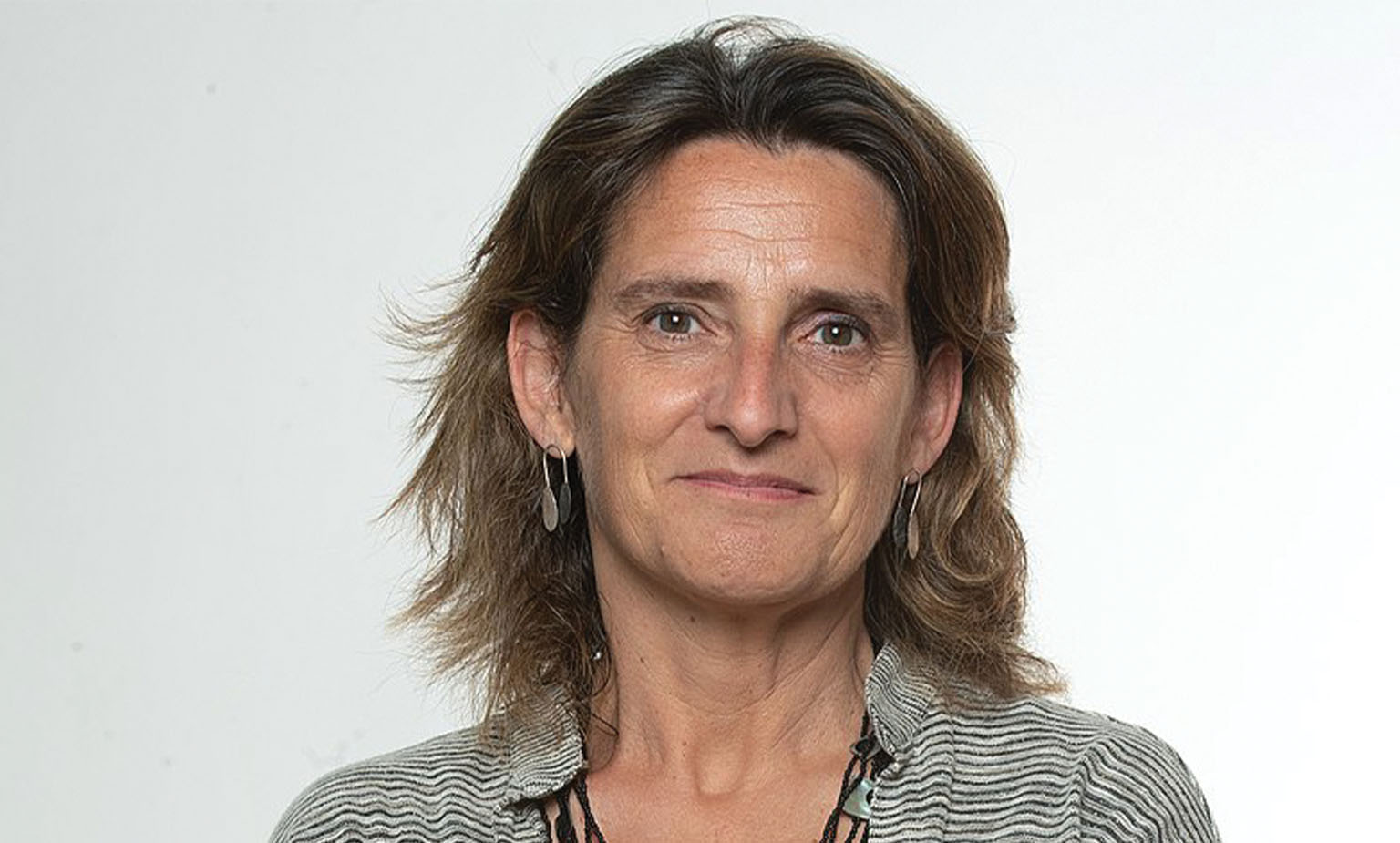
|
Teresa Ribera Rodríguez is the Spanish Government’s nominee as Commissioner. Ribera is the commissioner-designate for Clean, Just and Competitive Transition, and will be responsible for competition policy, guiding the work to ensure that Europe stays on track for its goals set out in the European Green Deal, that the EU decarbonise and industrialise the EU’s economy at the same time. As a member of the Spanish Socialist Worker’s Party, Ribera served as Minister for the Ecological Transition for the Sánchez Government in June 2018, having had previous experience as Director-General of the Spanish Climate Change Office from 2004 to 2008. From 2014 to 2018, she held the position of director of the Institute for Sustainable Development and International Relations and was involved in the negotiation of the Paris Climate Agreement. Since 2021, Ribera has served as the third Vice-President of the Spanish Government and as Minister for Ecological Transition and Demographic Challenge. |
Stéphane Séjourné: Executive Vice-President for Prosperity and Industrial Strategy
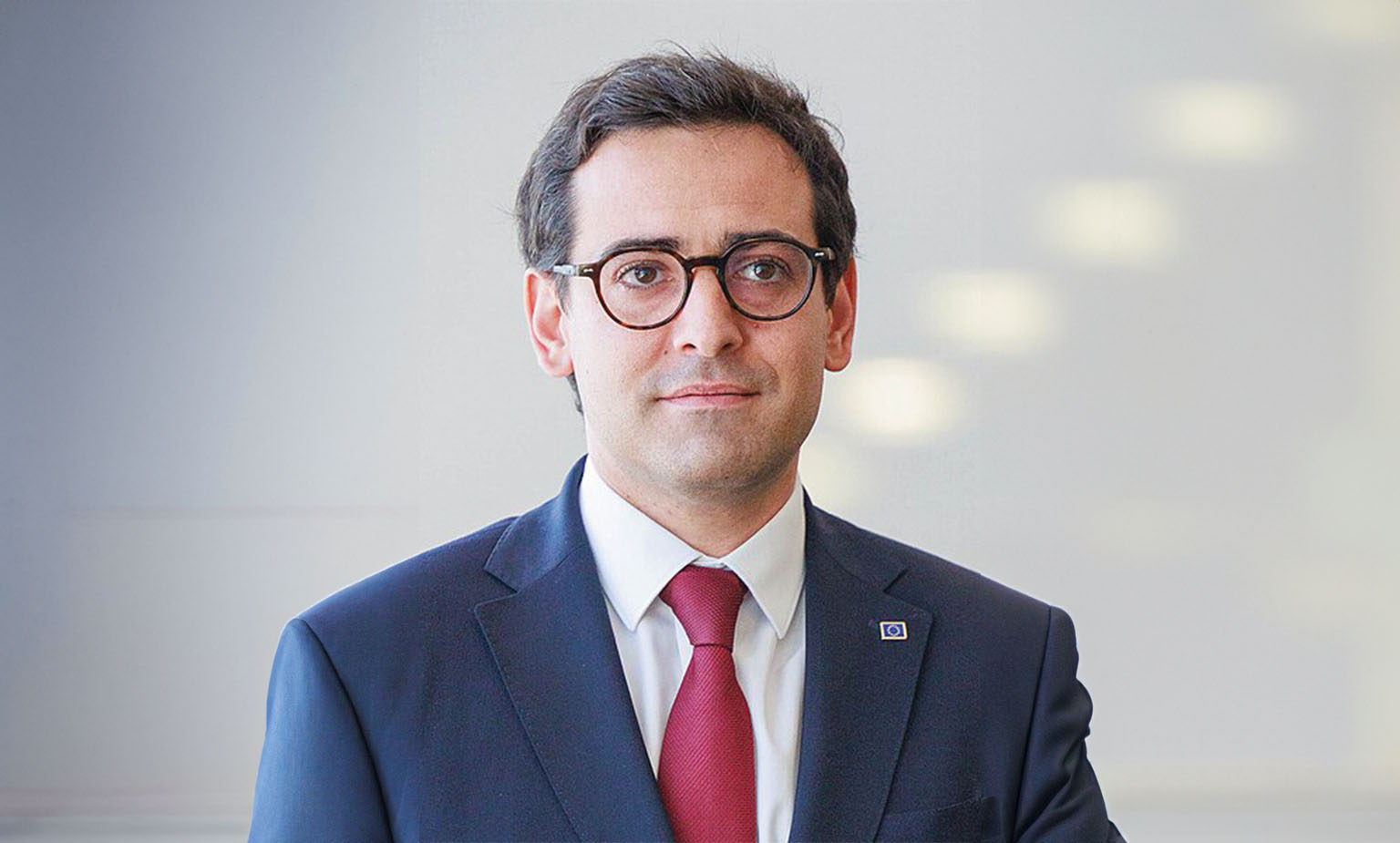
|
Stéphane Séjourné has been nominated by the French Government to serve as commissioner. As part of her announcement for the composition of the College of Commissioners, von der Leyen has assigned Séjourné as commissioner-designate for Prosperity and Industrial Strategy. He will be responsible for industry, small and medium-sized enterprises (SMEs) and the single market portfolio. Séjourné served as a member of the European Parliament from 2019 to 2024 and was president of the Renew Group from 2023 to 2024. As a member of the Renaissance Party, Séjourné was elected to the French National Assembly in 2024, serving as Minister for Europe and Foreign Affairs in Prime Minister Gabriel Attal’s Government. As a commissioner, Séjourné has committed to fostering the conditions for European companies to thrive whether in investment and innovation or economic stability and security. |
Kaja Kallas: High Representative for Foreign Affairs and Security Policy and vice-president of the European Commission
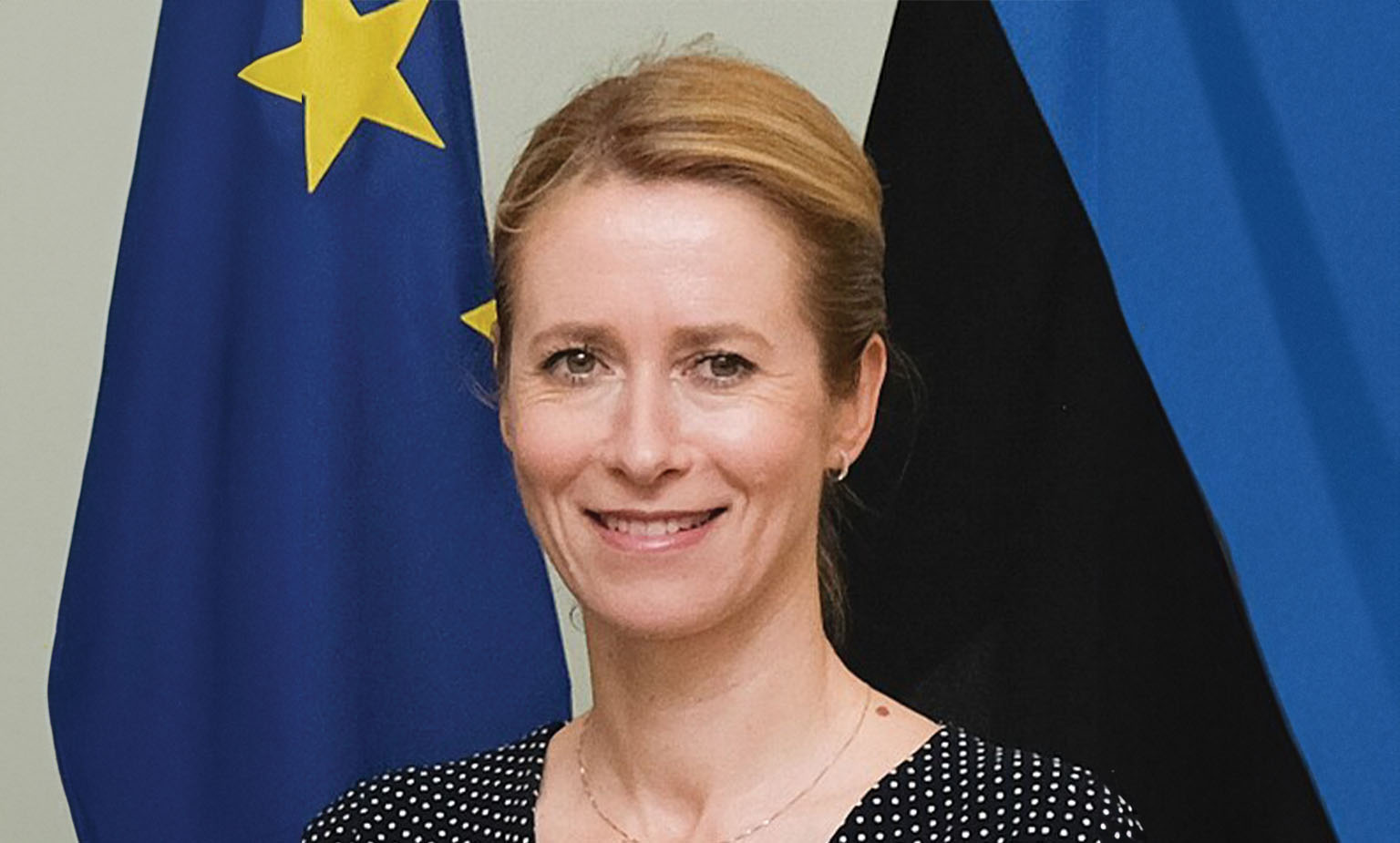
|
Until September 2024, Kaja Kallas served as Estonia’s first female Prime Minister since 2021, leading the Estonian Reform Party since 2018. Kallas has now been tasked by von der Leyen to serve as the High Representative for Foreign Affairs and Security Policy and Vice-President of the European Commission. Kallas served as a Member of the European Parliament from 2014 to 2018, representing the Alliance of Liberals and Democrats for Europe. During this term, Kallas was vice-chair of the European Parliament’s delegation to the EU-Ukraine Parliamentary Association Committee. Von der Leyen stated her confidence that Kallas will “be the bridge between our internal and external policies, and to ensure we stay a geopolitical commission”. |
The other vice-presidents designate by von der Leyen are:
• Henna Virkkunen (Finnish): Executive Vice-President for Tech Sovereignty, Security and Democracy;
• Roxana Mînzatu (Romanian): Executive Vice-President for People, Skills and Preparedness; and
• Raffaele Fitto (Italian): Executive Vice-President for Cohesion and Reforms.
Ireland’s Michael McGrath: Commissioner-designate for Democracy, Justice and Rule of Law
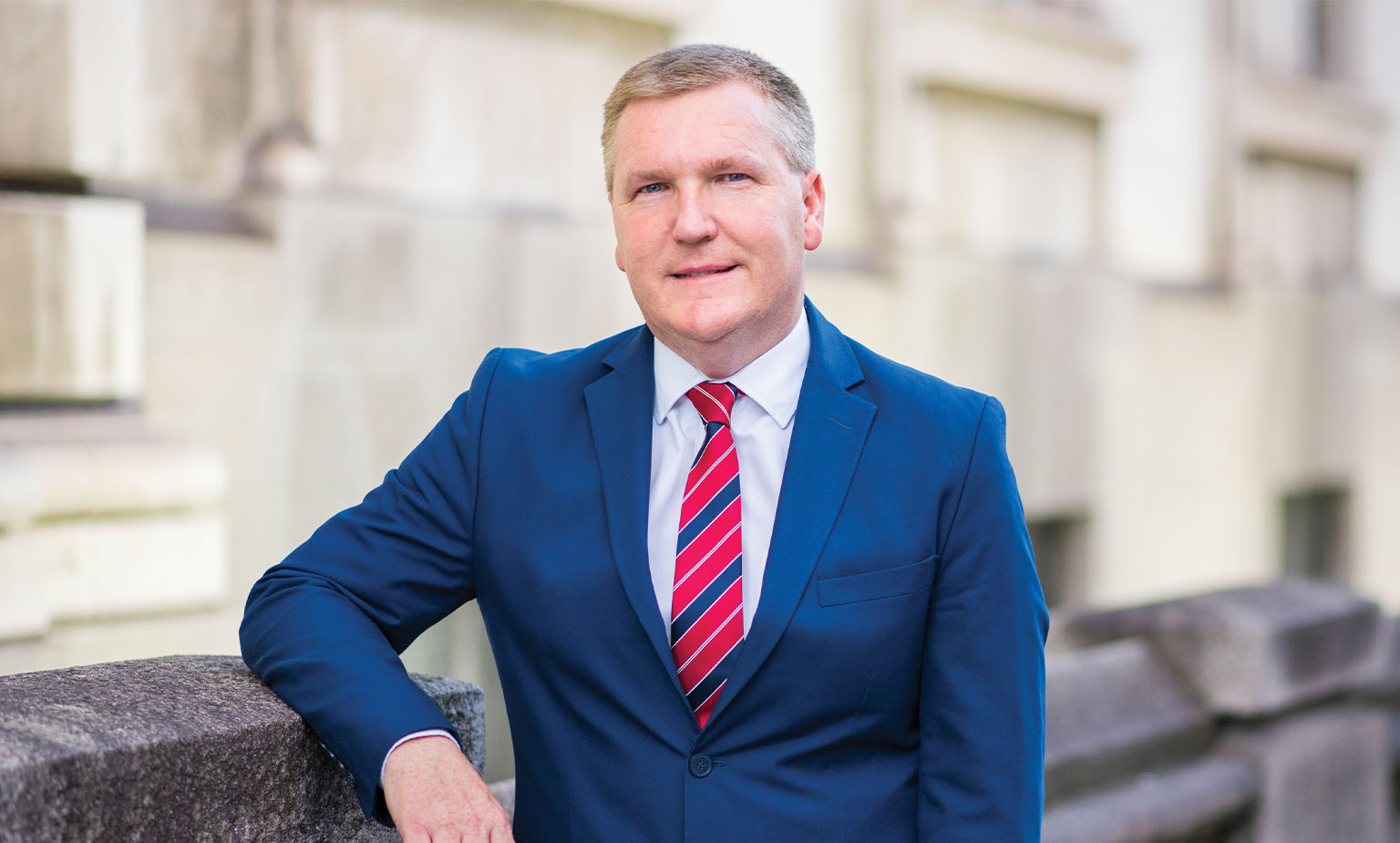
|
The Irish commissioner-designate is Fianna Fáil’s Michael McGrath. McGrath will be the Commissioner for Democracy, Justice and the Rule of Law. McGrath’s designation marks the first time that Ireland will hold this portfolio. Von der Leyen stated she entrusted McGrath with “the responsibility to take forward the European Democracy Shield” and added that “he will also lead our work on the rule of law, anti-corruption, and consumer protection”, von der Leyen added. Previously, following the 2020 general election and the formation of the coalition government between Fianna Fáil, Fine Gael, and the Green Party, McGrath was appointed as Minister for Public Expenditure and Reform. As part of a reshuffle due to the agreement in the coalition deal, McGrath became Minister for Finance in 2022, a position he held until he became commissioner-designate in June 2024. McGrath admitted days before his designation to the justice portfolio that he wished to undertake a portfolio in the finance or economic areas. Nonetheless, upon his nomination by von der Leyen, McGrath described his new role as a “vitally important one for Europe”. “I am honoured to be proposed for the justice portfolio by President von der Leyen,” he said. “The portfolio is vitally important [in] protecting our democratic values, rule of law and the rights of our citizens is fundamental to the future development of the EU and of the single market. “I am very pleased to be given the responsibility for the protection of consumer rights across the EU [and] I welcome this opportunity to apply my skills to new areas of responsibility and I am grateful for the confidence placed in me by the Government and by president von der Leyen.” |
Ireland’s Members of the European Parliament (MEPs) in senior roles
Some of Ireland’s MEPs have assumed senior positions on committees of the European Parliament, with one MEP being the chair of the parliament’s Delegation to Palestine.
Lynn Boylan MEP (Sinn Féin)
|
Sinn Féin’s Dublin MEP Lynn Boylan has been elected chair of the European Parliament’s Delegation to the State of Palestine. The Palestine Delegation is the Parliament’s official body for monitoring the EU’s actions towards Palestine and will regularly meet with Palestinian officials, experts, and civil society groups to hear their updates and demands. As chair, Boylan will be able to set the Delegation’s agenda, issue press statements on behalf of the delegation and secure meetings with EU diplomats. Speaking after her election, Boylan said she wants to “improve the EU’s solidarity with the Palestinian people and secure concrete actions to end the genocide in Gaza”. “During the European election campaign, the Irish people made clear that they want their representatives in Europe to fight for peace and justice in Palestine and stand up for human rights and international law.” Boylan states that her ambitions are to promote EU funding for the reconstruction of Gaza and support for a two-state solution. |
Barry Andrews MEP (Fianna Fáil)
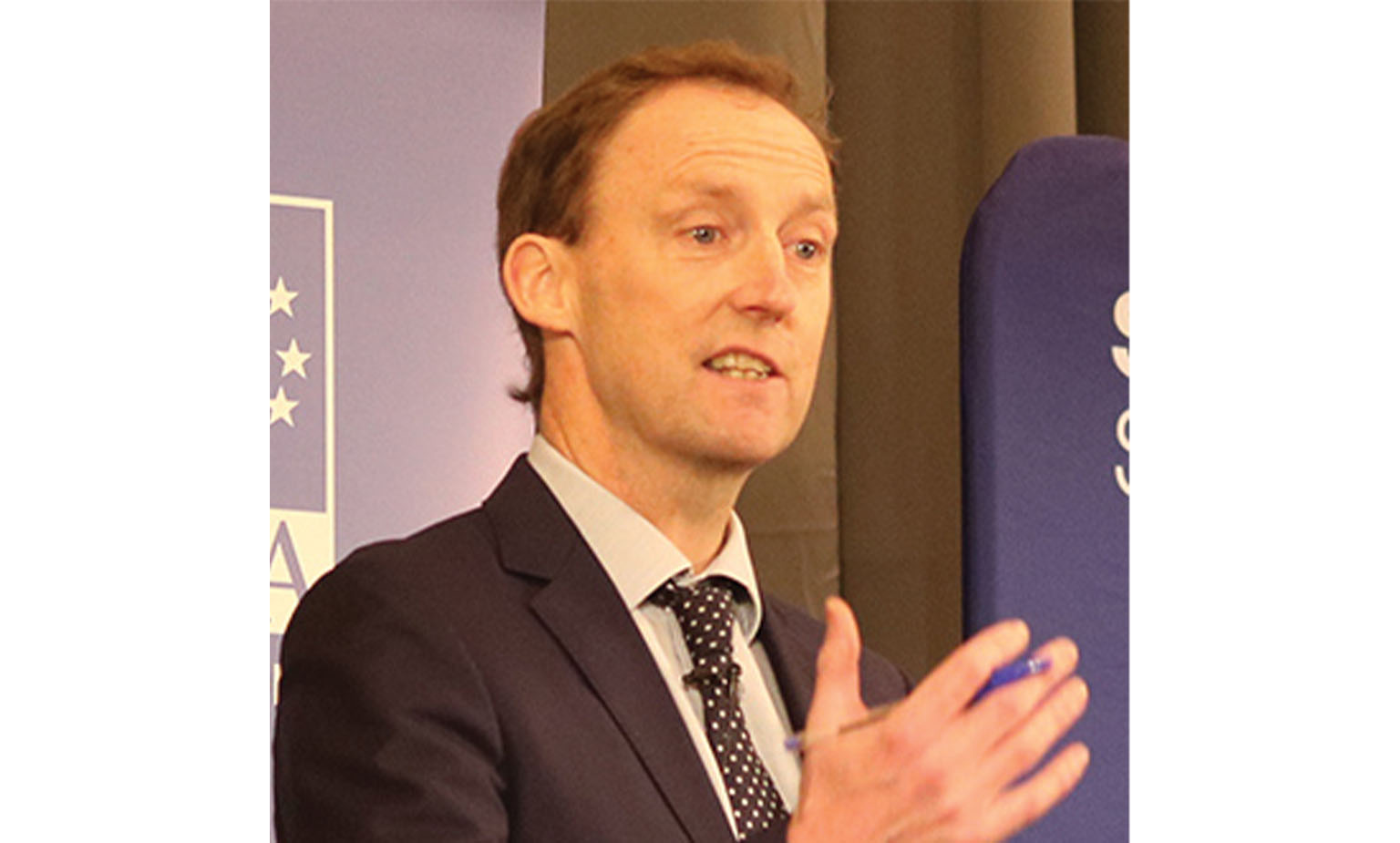
|
Fianna Fáil Dublin MEP, Barry Andrews, has been elected chair of the European Parliament’s Development Committee. His election marks the first time since 1987 that an Irish MEP has chaired a standing committee in the European Parliament. The committee oversees matters related to humanitarian aid in developing countries in partnership with the European Commission and the European Council. Following his election, Andrews said he was “passionate” about addressing global inequalities. “At a time of such global insecurity, I feel that our commitment to eradicating poverty, helping those in dire need and improving our relations with developing countries is more important than ever,” he added. Andrews will also serve as vice-chair for the Delegation to the State of Palestine. |
Regina Doherty MEP (Fine Gael)
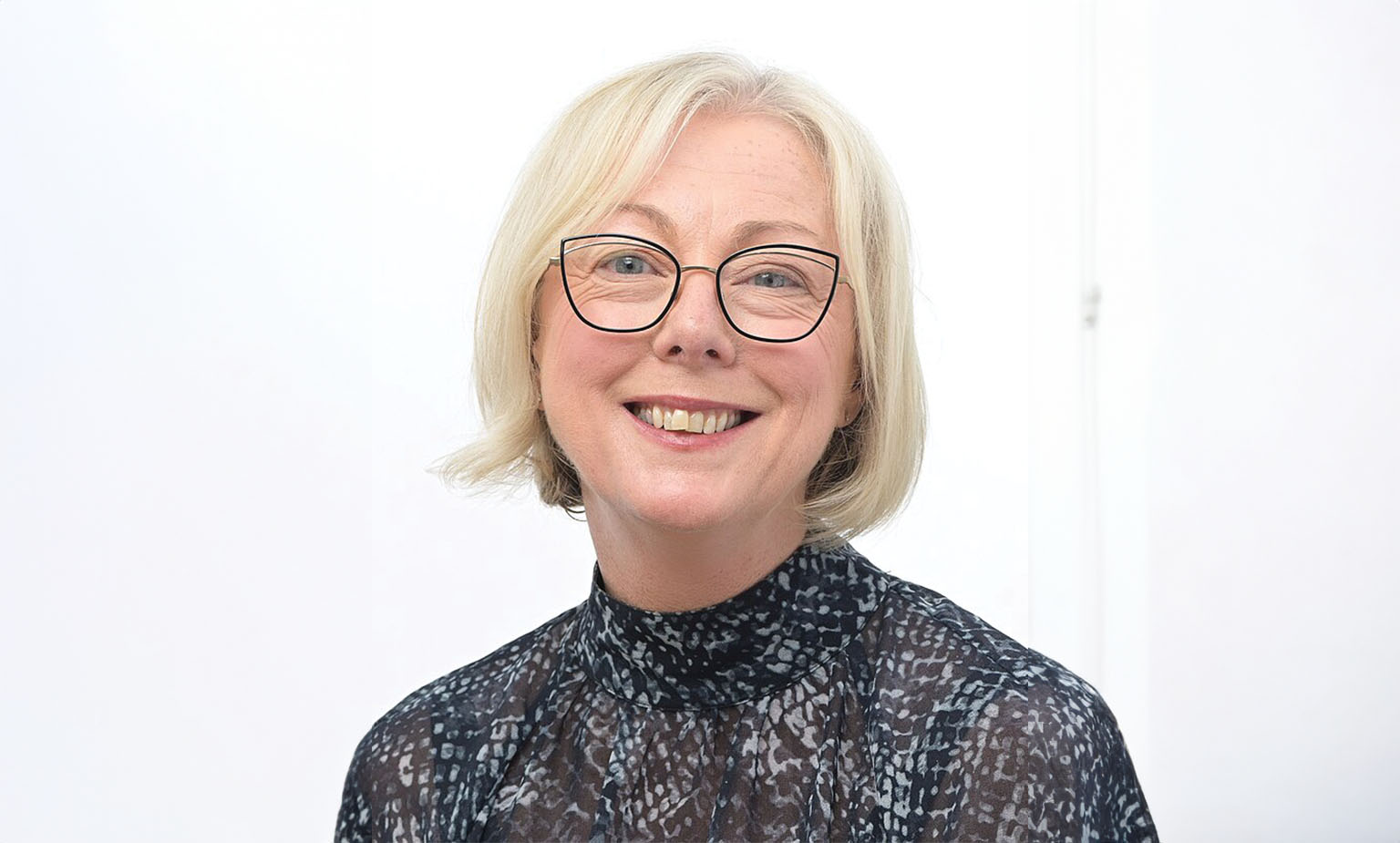
|
Fine Gael’s Regina Doherty was elected as an MEP for Dublin and serves as vice-chair for the European Parliament’s subcommittee on Tax Matters. It is a subcommittee to the Committee on Economic and Monetary Affairs, focusing on the fight against tax fraud, tax evasion, and tax avoidance as well as on transparency for taxation purposes. Established in June 2020, the subcommittee consists of 30 members and was established following several tax evasion scandals such as LuxLeaks and the Panama Papers, which exposed the rogue offshore finance industry. Speaking about her election to the committee, Doherty said: “FISC is an important subcommittee where members come together to debate and share ideas about how EU countries can work together on taxation issues. “Tax competition with the EU means that member states can try different approaches and learn from each other. We need to reform our tax codes to make our economies more competitive, attract more investment and incentivise our job creators, remove barriers to operating cross-border within the single market and we need to tackle tax evasion and money laundering.” Doherty added: “I am honoured to be able to serve as vice-chair on the FISC Committee and I look forward to the work ahead.” |





